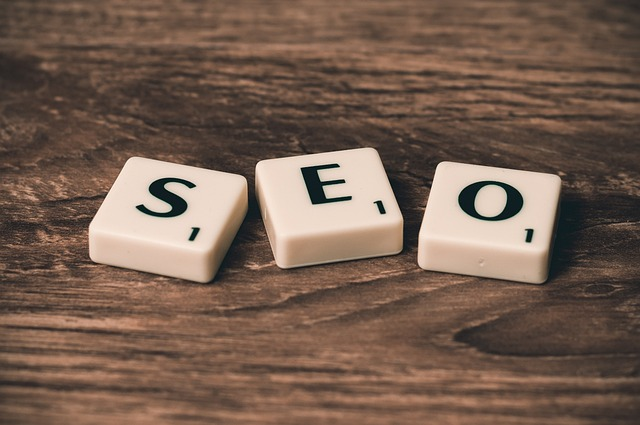What is the Most Important Thing to Consider when Optimising a Search Engine Marketing Campaign

When embarking on a search engine marketing (SEM) campaign, the landscape can be both exciting and challenging. What is the most important thing to consider when optimising a search engine marketing campaign, than?
With the digital terrain of traffic continually changing, it’s crucial to understand the most important thing to consider when optimising a search engine marketing campaign.
This involves a blend of strategies from search engine optimization (SEO) to effective ad copy, ensuring your campaign not only reaches but also resonates with your target audience.
What is the most important thing to consider when optimising a search engine marketing campaign, then?

1. Understanding Your Audience
The cornerstone of any successful SEM campaign is a deep understanding of your audience. Knowing who they are, what they need, and how they search is vital.
This knowledge shapes your keyword research, ensuring you target relevant keywords that align with user intent.
2. Keyword Research: The Foundation
Keyword research is more than just finding words; it’s about understanding the language of your potential customers.
It’s a crucial step in optimising a search engine marketing campaign, as it determines the relevance of the keywords to your ads and landing page.
3. Crafting High-Quality Ad Copy
Your ad copy is your first conversation with your audience. It needs to be engaging, relevant, and compelling. A well-crafted ad copy enhances the relevance of your campaign, contributing to a higher quality score in search engines.
4. Landing Page Optimization
The landing page is where you convert visitors into customers. Optimising your landing page for both relevance and user experience is key. It should align seamlessly with the keywords, ads, and the overall message of your campaign.
5. Balancing SEO and SEM
While SEM focuses on paid ads, incorporating SEO principles is crucial for long-term success.

This means optimising your website content to rank naturally in search results, complementing your paid efforts.
6. Monitoring Quality Score
Google’s Quality Score is a vital metric in SEM.
It affects how your ads perform and how much you pay per click. A high quality score is achieved through relevant ads, keywords, and landing pages, along with a good user experience.
7. Targeting and Retargeting Strategies
Effective targeting increases the chances of your ads reaching the right audience.
This involves not just initial targeting but also retargeting strategies to re-engage visitors who didn’t convert the first time.
8. Keeping Up with Search Engine Algorithms
Search engines are continually updating their algorithms.
Staying informed about these changes and adapting your campaign accordingly is an important thing to consider for maintaining the effectiveness of your SEM campaign.
9. Analyzing and Adapting to Traffic Trends
Traffic trends can shift rapidly. Regular analysis of your campaign’s performance helps in understanding these trends and adapting your strategies for more traffic and better results.
10. Continuous Testing and Optimization
SEM is not a set-and-forget strategy. Continuous testing and optimization of your keywords, ads, and landing pages are essential to stay ahead in the competitive digital landscape. It is common to hire SEM professionals overseas for this task, such as through a Singapore Employer of Record (EOR) solution.
Conclusion
In conclusion, the most important thing to consider when optimising a search engine marketing campaign is the synergy of various elements – from understanding your audience, conducting thorough keyword research, crafting quality ad copy, to optimizing your landing page.
Balancing these aspects with a keen eye on search engine algorithms and traffic trends ensures your campaign remains effective and ahead of the curve.
Remember, in the dynamic world of SEM, flexibility and adaptability are your greatest assets.
Targeting increasing all the updated questions adding lots of value too – not only to Google answers but to user intent as well.



